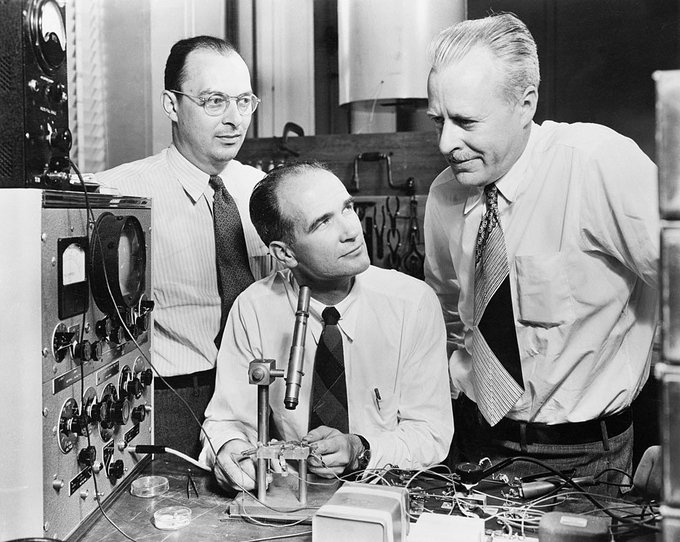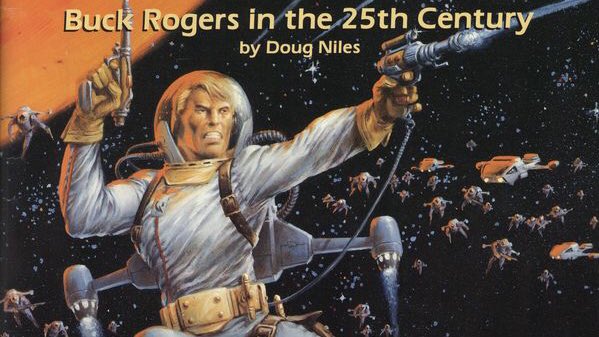We have so much knowledge and technology, but such a narrow vision of what to do with it. And “build more rockets!” isn’t an answer.
What kind of world do you want to live in?
What does it look and feel like?
How do people spend their time?
How do we get there?
That’s vision.
People see "vision' and think it means big, flashy things. But flashiness is a poor substitute for substance. Flashy wears off — airplanes are normal now, and nobody gives the microwave (that incredible Space Age invention!) a second thought. It’s just there, in the break-room.

Lasting cultural impact is never about the machine itself. It’s about what people do with that machine, and the stories we tell around it. Apple under Steve Jobs understood this brilliantly. So did the early airlines, who sought to craft an experience and defined the “jet set” class.
These experiences are a byproduct of vision. Knowing what the future looks like turns the object of production into just another stepping stone in how you get the experience. So it also gives you resilience — because you’re tied to an outcome, not a tool.
There’s a story from Bell Labs in the 50s that captures this beautifully. Leadership realized that the greatest innovations to come out of Bell Labs all happened before the turn of the century — oops!
They lost their vision, and obsessed over incremental improvements.

So they endeavored to set a new vision.
A manager famously called a meeting and announced that the American telephone system had been destroyed overnight. The team had to pretend this was true, and reinvent the telephone from the ground up. The ensuing project took a solid year, but energized the team like nothing had before. The lab catalyzed so much innovation that it set a roadmap for the next fifty years — from touch-tone to cellular. And it’s all because they decided to have vision.
The vision they created started with an understanding of the ideal role their technology could play in the world, and went deep to look at every possible way they could bring that world to life.
It wasn’t Buck Rogers zooming around the universe.
And that’s why it worked.

I use technology examples because that’s what I do.
But the rule applies for society in general, too. Institutions are gonna suck if they aren’t given a solid mission and direction. “A man on the moon in eight years” got shit done. So did eradicating polio.
But now? Meh.
So don’t just dream of the weird and wild: dream of how to fundamentally transform the mundane.
Instead of just automating the work, ask why the work has to happen to begin with, and what to do with your time instead.
Lead with the experience, and excitement will follow.

"If you want to build a ship, don't drum up people to collect wood and don't assign them tasks and work, but rather teach them to long for the endless immensity of the sea" - Antoine de Saint Exupéry